

In the making
Young inventors turn ideas into reality in Imperial’s Maker Challenge
Young people from the White City area showcased their inventing and making skills as part of Imperial’s Maker Challenge.



Young inventors turn ideas into reality in Imperial’s Maker Challenge
Young people from the White City area showcased their inventing and making skills as part of Imperial’s Maker Challenge.


Imperial invites local residents to get hands-on with robots
Imperial’s White City campus hosted an afternoon of robot-related activities for local children and their families.
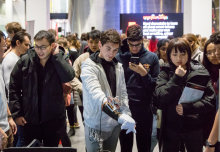

Imperial Lates returns with five new evenings of discovery
An exploration of infection, a world tour of global science and a date with data form part of the newly announced 2019/20 Imperial Lates series


‘Surrey swarm’ earthquakes not caused by nearby oil extraction, says study
Imperial College London research has found no evidence that oil extraction caused recent earthquakes known as the ‘Surrey swarm’ in Surrey and Sussex.
 5
5
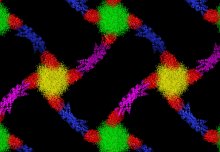

What do 'singing' fish have to do with heart disease...?
Studying the fine structure of muscles used by fish to 'sing' to their mate could help researchers to better understand, and treat, heart conditions.
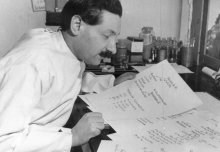

Audio
Podcast: An unsung hero, digital mental health, and acting on patient feedback
In this edition: We explore Sir Ernst Chain’s role in penicillin, apps tackling mental health, and an algorithm making sense of patient feedback.


What a group of bizarre-looking bats can tell us about the evolution of mammals
Bats with skulls and teeth adapted to a wide range of diets are helping scientists understand how major groups of mammals first evolved.
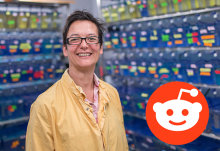

Inflammatory disease and animal research expert shares insights in Reddit AMA
In a live Reddit 'Ask Me Anything', Dr Laurence Bugeon shared insights into how inflammation is mediated by bad lifestyle habits.


Space snacks and rates of mutation: News from the College
Here’s a batch of fresh news and announcements from across Imperial.
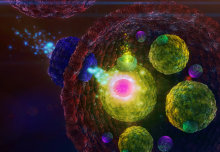

Researchers build artificial cells that sense and respond to their environment
Imperial College London scientists have created artificial cells that mimic biological cells by responding to a chemical change in their surroundings.